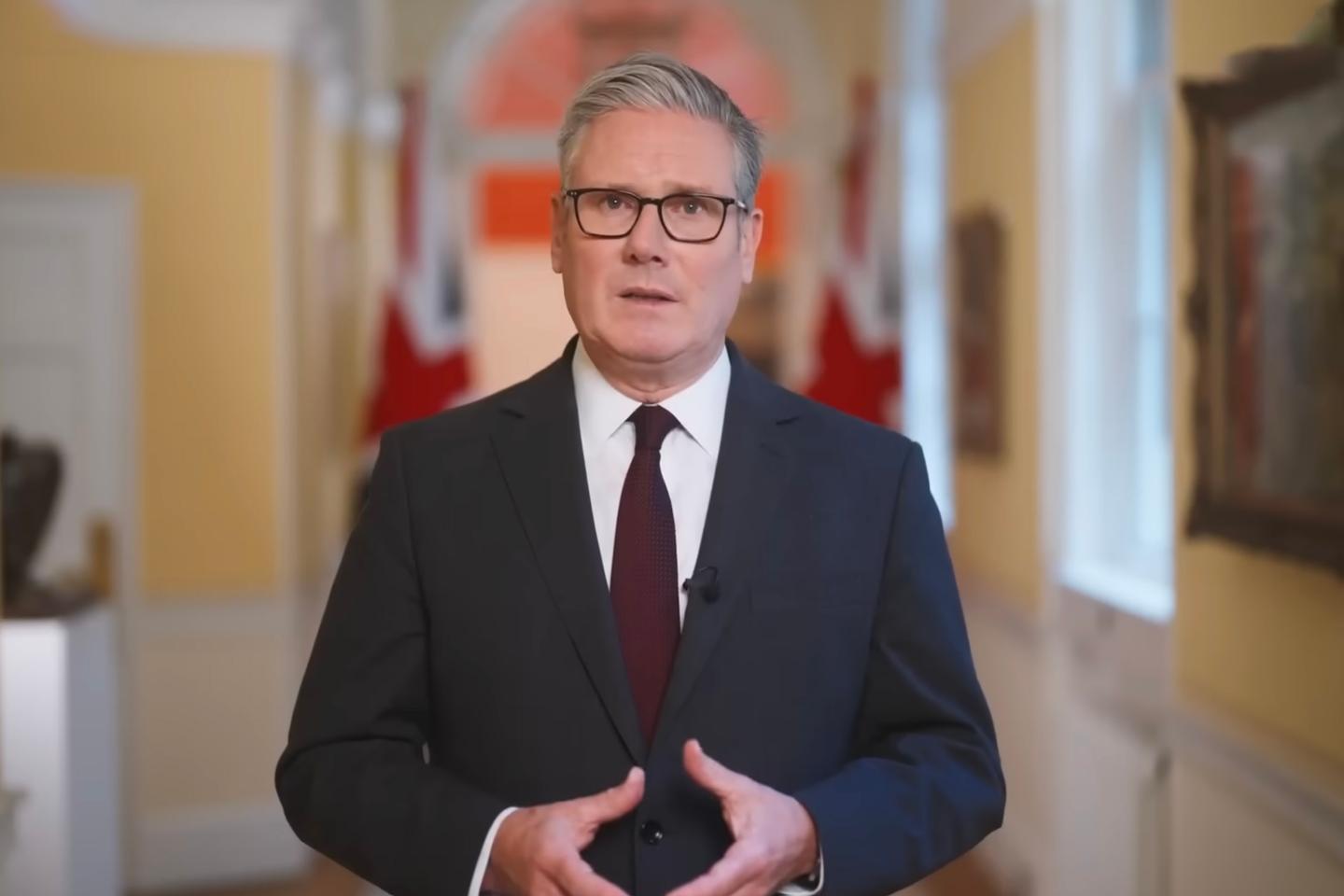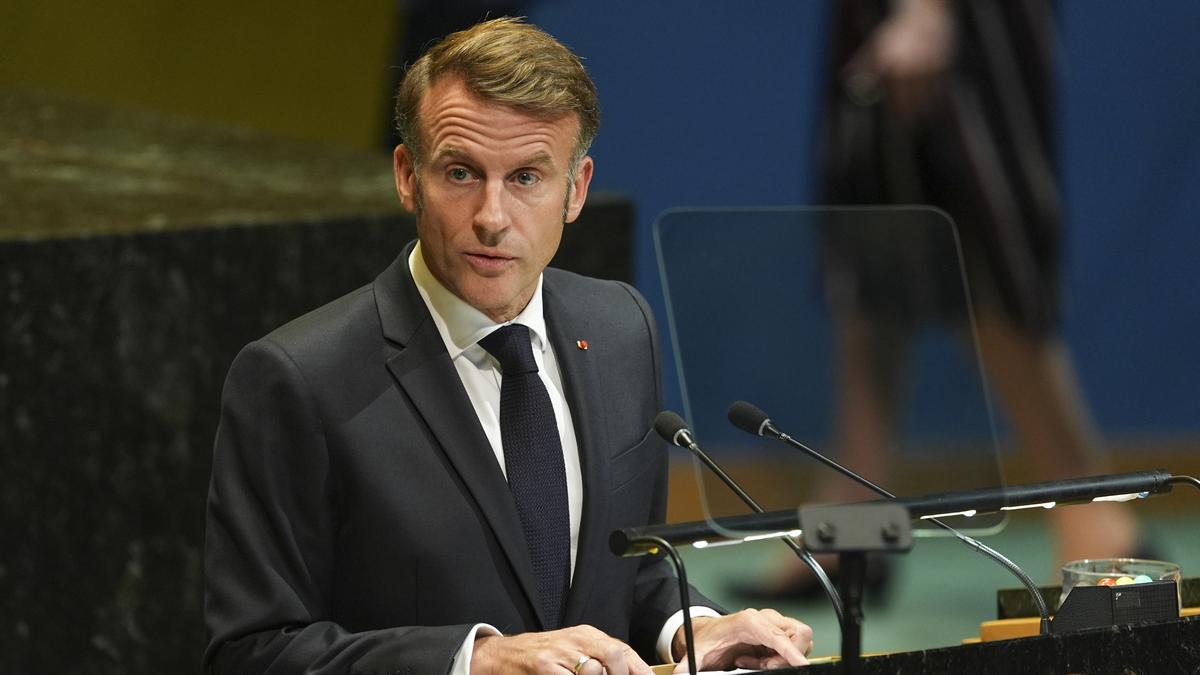Israel's Strike on Qatar Forces Gulf Security Reckoning
The **September 9 military strike on Qatar by Israel** has significantly escalated regional tensions, presenting **Doha** with a new security challenge. This event raises concerns for Qatar, placing it among Arab states subjected to Israeli aggression, and has prompted greater unity among **Gulf Cooperation Council (GCC)** members, whose perceptions of the threat posed by Israel have intensified.
GCC Solidarity and Condemnation
The **UAE President Mohammed bin Zayed**'s visit to Doha and **Saudi Crown Prince Mohammed bin Salman**'s condemnation of Israel's "brutal aggression" underscores the altered dynamics within the GCC. This solidarity marks a significant shift since the Emirati and Saudi-led blockade of Qatar ended less than five years ago. An emergency summit organized by the **Arab League** and the **Organization of Islamic Cooperation** in Doha brought together leaders from the Arab-Islamic world, who issued a unified condemnation of the strike.
Emir Sheikh Tamim bin Hamad Al Thani cautioned against Prime Minister Benjamin Netanyahu's "expansionist ambitions," dismissing the idea of transforming the Arab world into "an Israeli sphere of influence" as a "dangerous illusion."
US Security Guarantees Under Scrutiny
The attack has amplified existing doubts about the reliability of **US security guarantees** in the Gulf. For decades, Gulf governments have relied on the United States, especially against **Iran** and Ba’athist Iraq. However, events like the US response to the Arab Spring, the Iran nuclear deal, and limited reactions to attacks on Saudi Aramco and Abu Dhabi have eroded trust. The strike on Qatar has heightened concerns about the US security umbrella.
Reports from **CNN** and **Axios** suggest that the **Trump administration** may have been notified prior to the strike, contradicting White House claims. Despite the timing, the attack has highlighted the perceived failure of the American security umbrella to prevent the incident.
Given that Qatar hosts the **US Central Command’s** forward headquarters at **al-Udeid Air Base** and is a designated **Major Non-NATO Ally**, Doha is reassessing the true value of its defense partnership with Washington.
Broader Implications for the Gulf
The incident has raised similar concerns among other **GCC members**, prompting them to question their own protections. If Israel can act with perceived impunity, other Gulf states fear potential targeting under the guise of combating “terrorism.” The attack has underscored the need for a unified approach to security among the Gulf monarchies.
Against the backdrop of Israel’s assertive regional posture – including its strike on Doha, the June attack on Iran, operations against the Houthis, and airstrikes in Syria – the GCC states are increasingly aligned in their threat perceptions. Regional stability is a shared strategic imperative for economic development, requiring a secure environment across the region.
For all six monarchies, the imperative is clear: to signal that such acts of aggression must not be normalized or allowed to become a precedent. Gulf states are united in their determination to prevent any GCC member from being added to that list.
Gulf Options and Strategic Responses
Lacking a direct military response option, GCC states are exploring non-military strategies. One approach is leveraging their relationship with the **Trump administration** to pressure Israel. The GCC states are likely to use diplomatic and economic levers to influence Washington.
Given the UAE’s close ties with Israel, Doha and other GCC capitals are encouraging Abu Dhabi to reassess its relations with Tel Aviv. While a full abrogation of the **Abraham Accords** is unlikely, the UAE could recalibrate ties to convey consequences for aggression against any GCC member.
The Inflection Point
Ultimately, **GCC members** are grappling with new regional realities. Israel's strike and Washington's perceived acquiescence have exposed a vulnerability in the Gulf's reliance on the US. Should further attacks occur, Gulf leaders will face the challenge of managing security threats without the traditional US umbrella.
With no viable alternative power to replace Washington, the Gulf monarchies may deepen intra-GCC defense coordination and revive aspirations for a more autonomous, NATO-style security framework. Developing robust missile defense systems will require time and investment.
Gulf states are also likely to expand partnerships with **Pakistan** and **Turkey**. Recently, Saudi Arabia and Pakistan signed a defense treaty. Iran is likely to opportunistically capitalize on Gulf states’ growing distrust of Washington.
Conclusion
While the exact trajectory of GCC responses remains uncertain, Israel’s strike has prompted all six members to re-examine their reliance on the US security guarantor. Whether through greater intra-GCC coordination, diversification of external partnerships, or renewed efforts toward strategic autonomy, the region now stands at a critical juncture.
The Gulf monarchies have displayed strong unity at a time when rethinking twenty-first-century Gulf security is no longer optional.
Giorgio Cafiero is the CEO of Gulf State Analytics, a Washington, DC-based geopolitical risk consultancy. He is also an Adjunct Assistant Professor at Georgetown University.
Further reading
Image: Qatar's Foreign Ministry spokesperson Majed al-Ansari speaks at a press conference after the emergency Arab-Islamic summit to discuss the Israeli attack on Qatar in Doha, Qatar, on September 15, 2025. (Photo by Noushad Thekkayil/NurPhoto)
[SRC] https://www.atlanticcouncil.org/blogs/menasource/how-israels-strike-on-doha-is-forcing-a-gulf-security-reckoning/
 Visit the website
Visit the website




